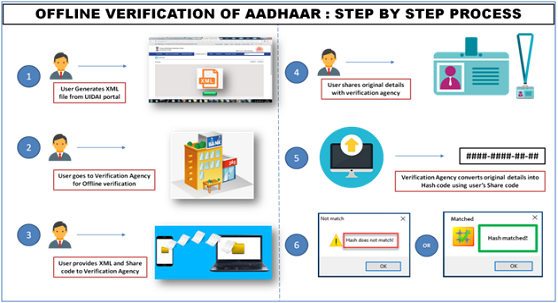About Aadhaar
Aadhaar is a 12 digit individual identification number which serves as proof of identity and proof of address for residents of India.
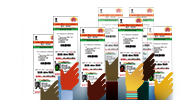
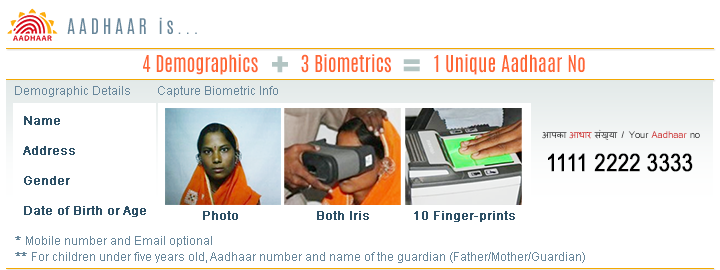
What is Aadhaar?
Quick links
Aadhaar Online Service for Resident of India

Book Appointment

Locate Enrolment Center

Check Aadhaar Status

E-Aadhaar

Update Aadhaar Data

Visit Aadhaar Kiosk

Download
Aadhaar is a 12 digit individual identification number issued by the Unique Identification Authority of India on behalf of the Government of India.The number serves as a proof of identity and address, anywhere in India. Aadhaar letter received via India Post and e-Aadhaar downloaded from UIDAI website are equally valid.
Any individual, irrespective of age and gender, who is a resident in India and satisfies the verification process laid down by the UIDAI can enrol for Aadhaar.
Individuals need to enrol only once but in case of multiple enrolment, the Aadhaar is generated against one of the enrolment ID’s while others are rejected as duplicate. Aadhaar Enrolment is free of cost for all the residents of India.
Aadhaar number is unique for each individual and will remain valid for life time. Aadhaar number will help the residents to avail various services provided by banking, mobile phone connections and other Govt and Non-Govt services in due course.
Some other information about Aadhaar are:
- Online verification of demographic information in a cost-effective way
- Unique and robust enough to eliminate the large number of duplicate and fake identities in government and private databases
- A random number generated, devoid of any classification based on caste, creed, religion and geography
 Aadhaar is
Aadhaar is
- A 12-digit unique identity for every Indian individual, including children and infants
- Enables identification for every resident Indian
- Establishes uniqueness of every individual on the basis of demographic and biometric information
- It is a voluntary service that every resident can avail irrespective of present documentation
- Each individual will be given a single unique Aadhaar ID number
- Aadhaar will provide a universal identity infrastructure which can be used by any identity-based application (like ration card, passport, etc.)
- UIDAI will give Yes/No answers to any identity authentication queries
 Aadhaar is not
Aadhaar is not
- Just another card
- Only one Aadhaar card per family is enough
- Collects profiling information such as caste, religion, and language
- Mandatory for every Indian resident who has identification documents
- An individual can obtain multiple Aadhaar ID numbers
- Aadhaar will replace all other IDs
- UIDAI information will be accessible to public and private agencies


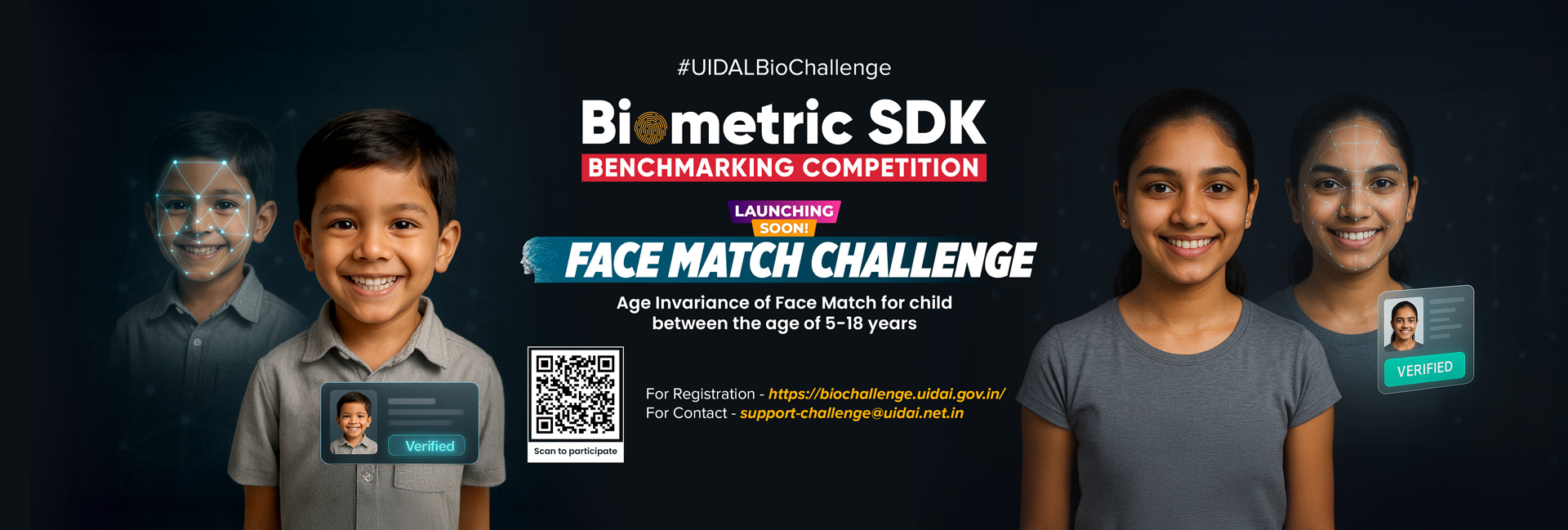


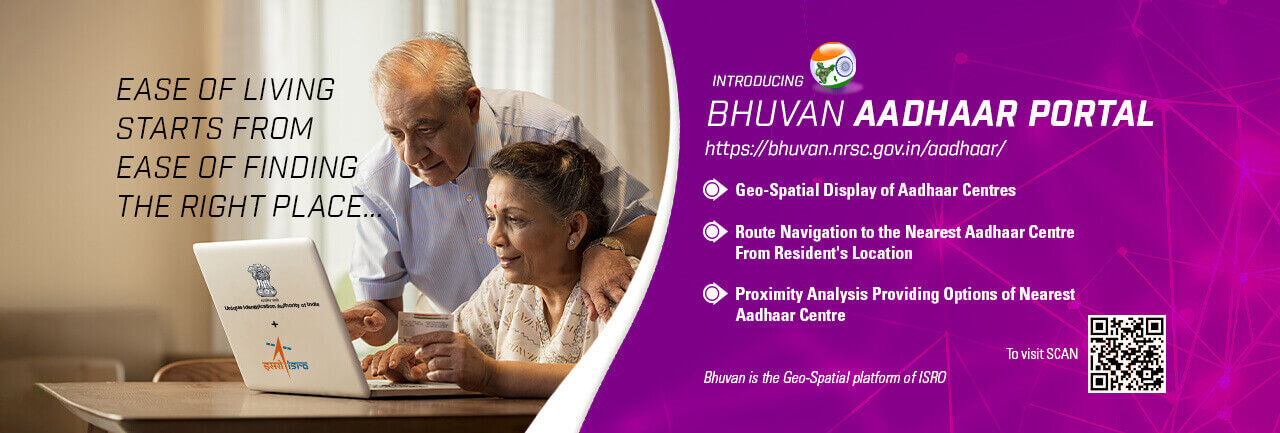
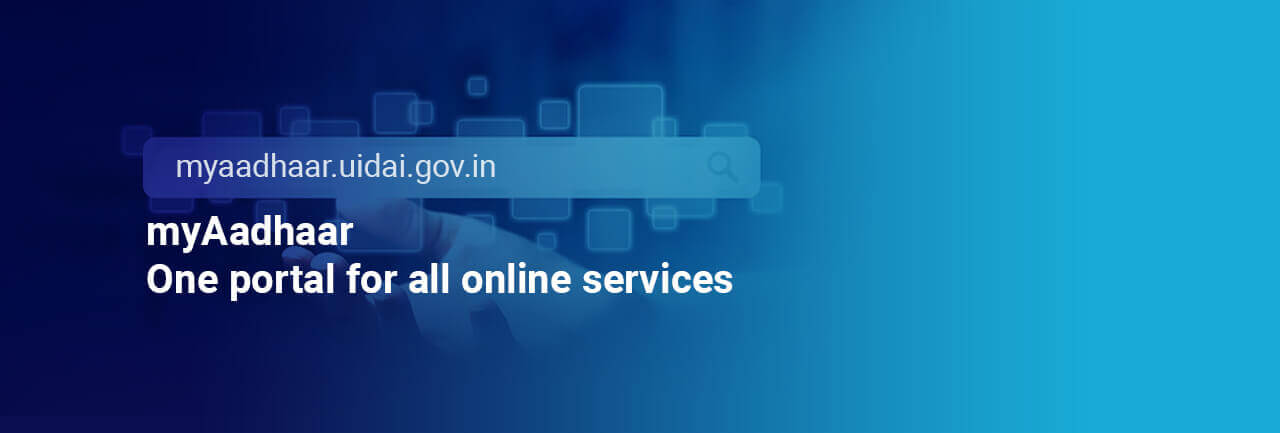




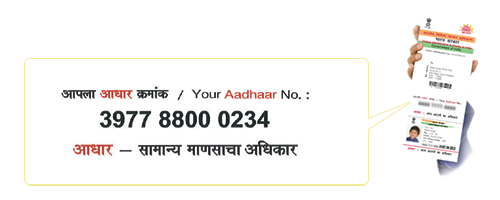

 play_circle_outline
play_circle_outline
 play_circle_outline
play_circle_outline
 play_circle_outline
play_circle_outline
 play_circle_outline
play_circle_outline
 play_circle_outline
play_circle_outline

